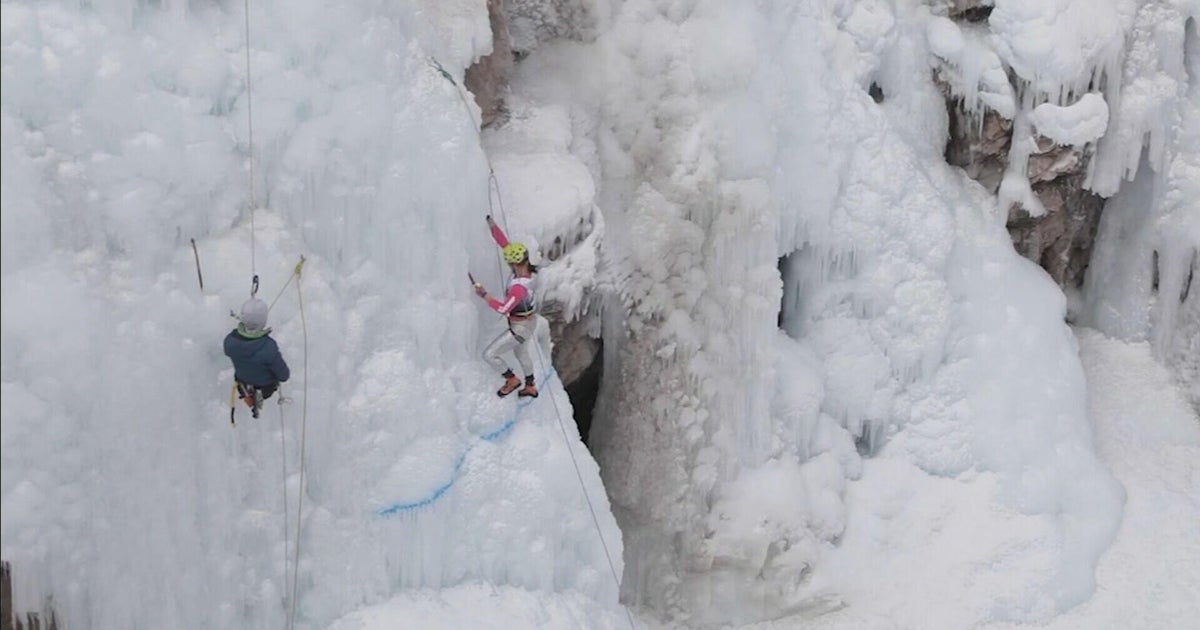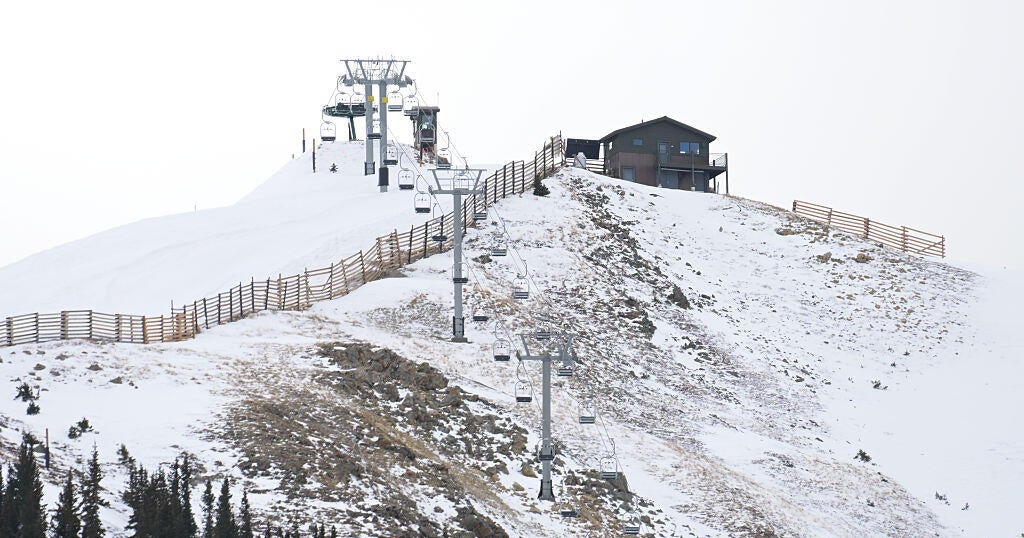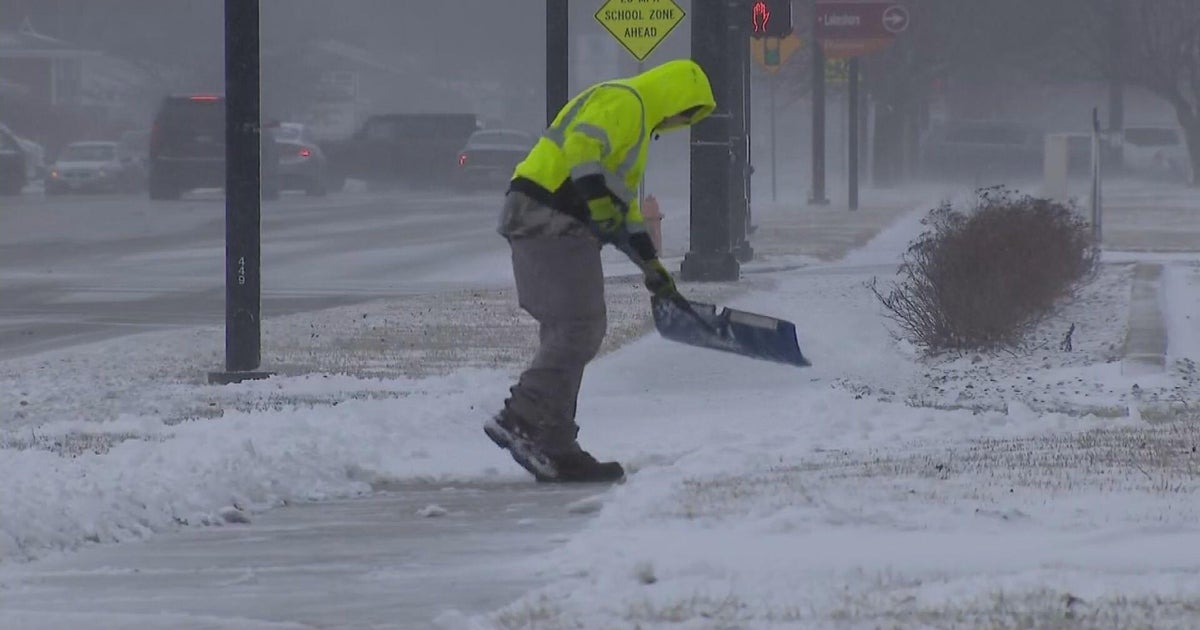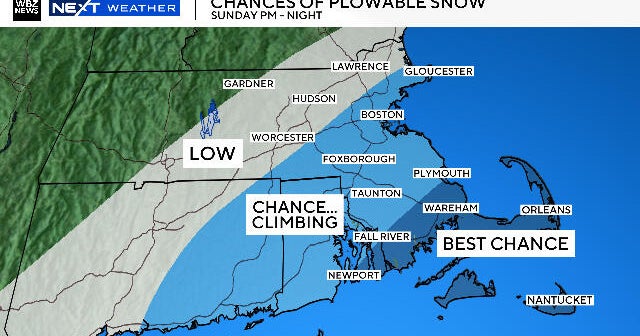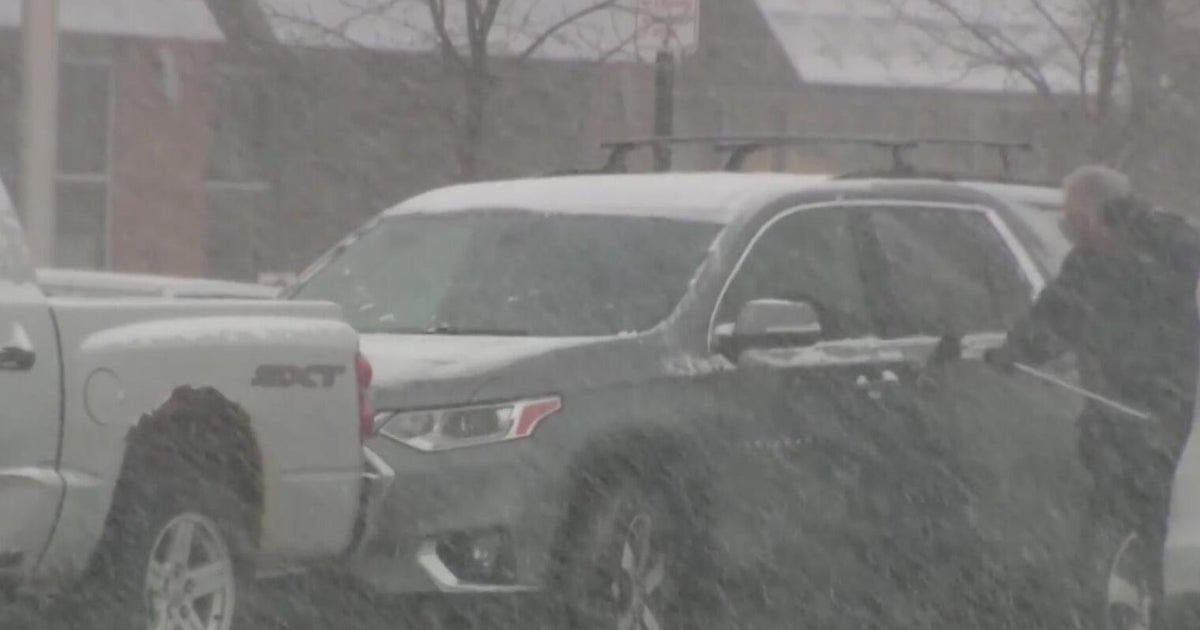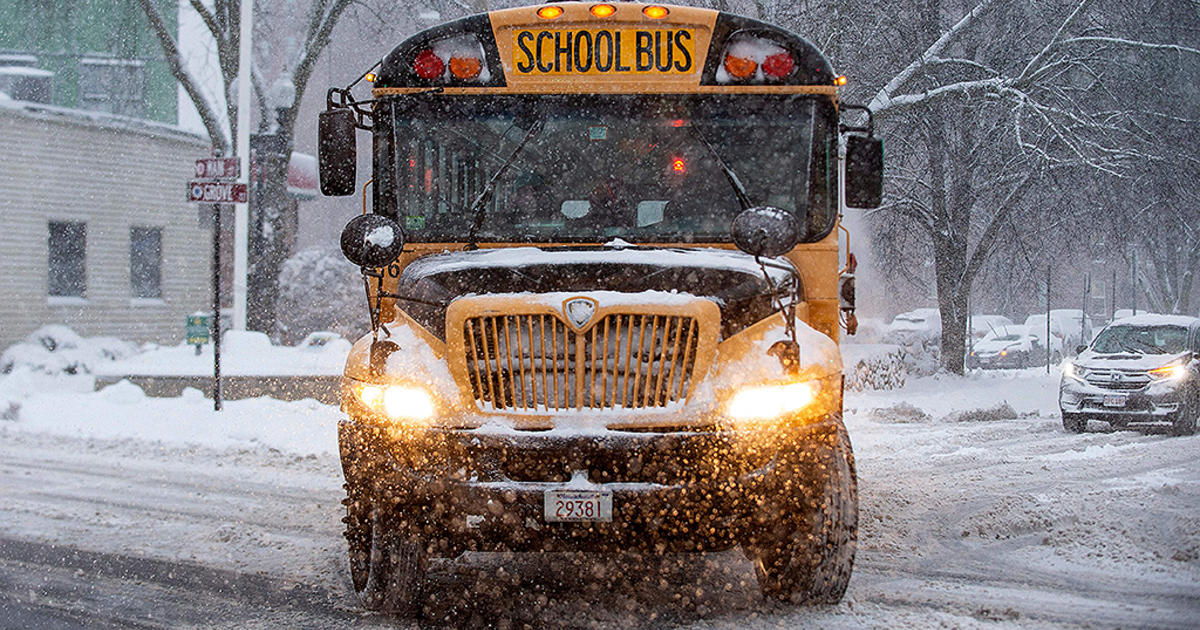Earth 365: Impact warm winter has on crops and farming
PITTSBURGH (KDKA) — As we approach Earth Day this weekend, CBS News and KDKA-TV are highlighting our commitment to covering stories about the Earth all year long.
In the first part of our week-long "Earth 365" series, we looked at the reasons behind the unusually warm winter we had. Now, KDKA First Alert meteorologist Mary Ours takes a look at the impact the warm winter is having on local crops and farming.
We all remember the Christmas cold snap, which farm manager Adam Voll at Soergel Orchards says was hard on growing. In fact, he says the thinning out of one of their main fruit crops so early was pretty scary.
"At the one farm, we actually got down to negative 22 degrees. That happens to be where our peach orchard is. And peach trees aren't nearly as hardy as an apple tree or some other plants. So out of the bloom, we probably lost at least 50 percent that night," said Voll.
On the flip side, he says it's also been a challenge this season with the quick warm up we had, which caused crops to end up blooming a month earlier than they should have.
Voll said, "Probably about a month ago when the weather got real warm, things started moving and coming out of dormancy. Especially the peach trees and the apple trees."
But one thing that has helped the farming gambling game is hydroponic greenhouses, where they can grow lettuce, beans, broccoli, peas, beets and more.
"We're inside a controlled atmosphere. So I can kind of dictate everything they need. The temperature outside really doesn't affect us in here," said Voll.
They have another greenhouse that holds tomatoes and cucumbers for early production.
And after long nights watching the thermometer, as well as bug tracking because the ground never completely froze, those plants are already flowering.
Voll said, "We're well over two months ahead of what the field production would normally be by starting them inside, rather than outside in the field."
Voll says he's had a lot of failures over the years, but it's all about learning about and adapting to the changing climate.
"What we're doing here, it's as fresh and as local as it can be," said Voll.
Meanwhile, Soergel Orchards manager Amy Soergel says with trial and error every year, they figure out things like what sides of the field they need to grow on so that they can prepare for upcoming events.
"You can actually go to the field, pick your own strawberries, enjoy what the farm has to offer all season long through our flower fields and our blueberry picking. So I think it's a really great way for people and kids to learn where their foods coming from. They can walk to the field and pick up what they want," said Soergel.
Both Voll and Soergel says it's also so important to educate young minds about the climate and ways to help improve the environment.
They says even if you don't have a green thumb and can't grow your own food, just shopping locally for fruits and vegetables can make all the difference.
Our "Earth 365" series continues Wednesday when KDKA First Alert meteorologist Kristin Emery takes us to Carnegie Mellon University, where local researchers are working on ways to solve the plastic pollution problem.

